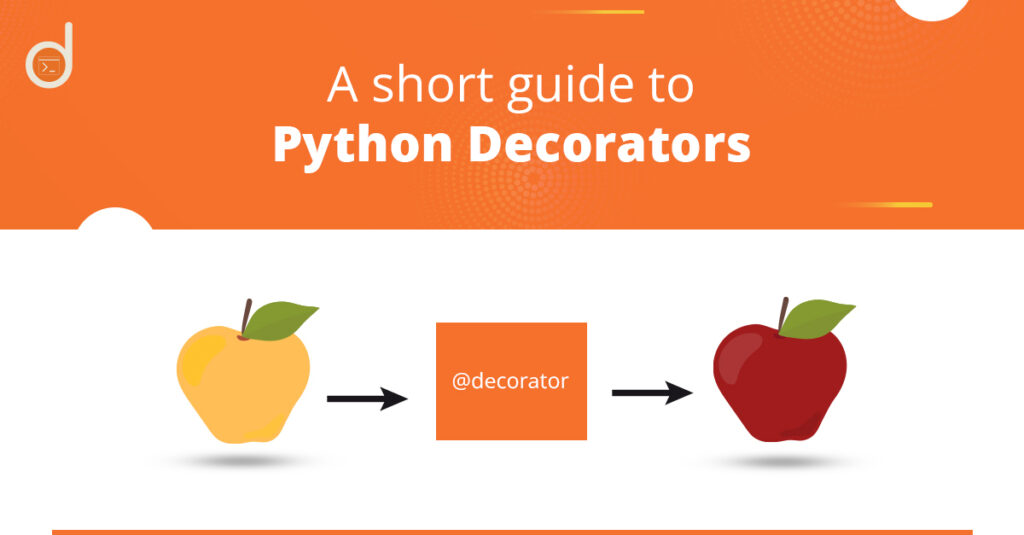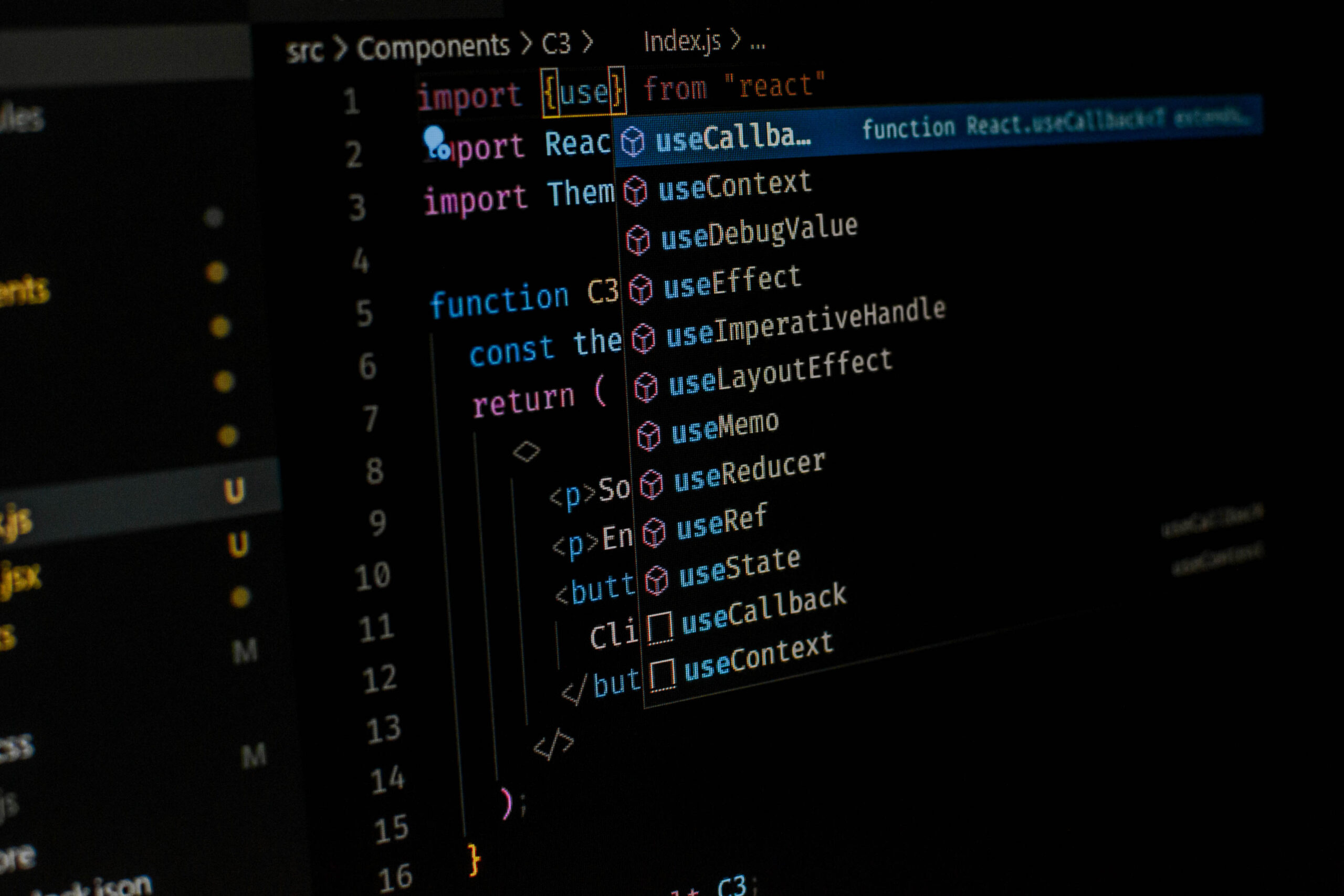10 Crucial Python Concepts for Effective Coding: Developing Pythonic One-Liners, Decorators, and List Comprehensions
Python, which is widely known for its ease of use and adaptability, provides a multitude of concepts and tools to improve the effectiveness of coding. Learning these Pythonic one-liners will greatly improve productivity and streamline your code, from decorators to list comprehensions. Here’s a thorough explanation of 10 key Python concepts for effective coding without the need to learn actual programming.
Table of Contents

List Comprehensions:
Lists can be created elegantly using list comprehensions, which build lists from pre-existing iterables. They enable the succinct expression of transformations and filters in place of conventional loops. Learn the basic syntax, without writing any code: [expression for item in iterable if condition]. This idea is essential to producing legible and succinct Python code.
Lambda Functions:
Lambda functions, sometimes referred to as anonymous functions, offer a condensed method for developing tiny, one-time use routines. They are useful for supplying basic operations as parameters to higher-order methods like map(), filter(), and sorted(), despite their limited scope. Learn the syntax: lambda arguments: expression without having to code.
Generators:
A memory-efficient method for iterating over big datasets is provided by generators. Generators create values dynamically, saving memory, in contrast to lists, which save every entry in memory. To handle huge datasets without overloading the system, it is essential to understand generator expressions ((expression for item in iterable)) and generator functions (using yield instead of return).

Decorators:
A useful tool for changing or expanding the functionality of functions or methods is the decorator. They let you wrap functions in more functionality without changing the underlying logic. Writing modular and reusable code requires an understanding of decorators, which are functions that alter other functions, notwithstanding their initial complexity.
Tuple Unpacking:
By disassembling the components of a tuple, tuple unpacking allows you to assign several variables on a single line. When iterating over sequences of tuples or returning numerous items from functions, this succinct approach is quite helpful. Get acquainted with the syntax: tuple = a, b.
Dictionary Comprehensions:
Dictionary comprehensions let you make dictionaries quickly, just like list comprehensions do. You can easily change or filter data from existing iterables into dictionaries by defining key-value pairs inside braces {}. Recognize the syntax: {key_expression: value_expression for item in iterable if condition}.

Set Data Type:
Sets are collections of unique objects that are not arranged in a hierarchy. They provide quick membership tests and automatically remove duplicates. For jobs requiring set operations like union, intersection, and difference, or tasks requiring uniqueness tests, they are indispensable. Recognize that the set() constructor or the curly braces {} can be used to create sets.
Enumerate:
By returning the value and the index of each item in the series, the enumerate() method makes it easier to iterate across sequences. This makes code clearer and easier to read by doing away with the requirement for manual index tracking. Recognize how to use it: value for index in enumerate (sequence).
Map and Filter:
The built-in functions map and filter allow you to process iterables without the need for explicit loops. Filter picks objects according to a criteria, whereas map selects each item in an iterable according to a function. Learn the syntax for them: filter(function, iterable) and map(function, iterable).

String Formatting:
By inserting variables or expressions into template string placeholders, string formatting enables you to produce dynamic strings. Python’s format() function and f-strings, or formatted string literals, provide strong and adaptable methods for creating formatted strings. Understand both techniques’ fundamental syntax.
Python Concepts:
Without really learning to program, you may write more effective and expressive code by grasping these 10 key Python concepts. Brilliko Institute of Multimedia provides basic knowledge about python concepts. You may use Python to its fullest capacity for a variety of coding tasks, from data processing to algorithm building, by comprehending the underlying ideas and grammar of these Pythonic constructs. Regardless of your level of experience, learning and using these concepts to your code will surely improve your productivity and level of proficiency with Python.




